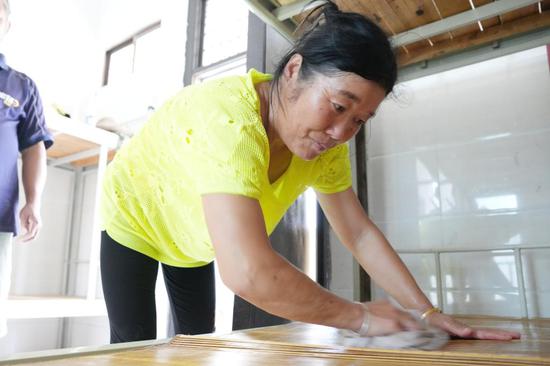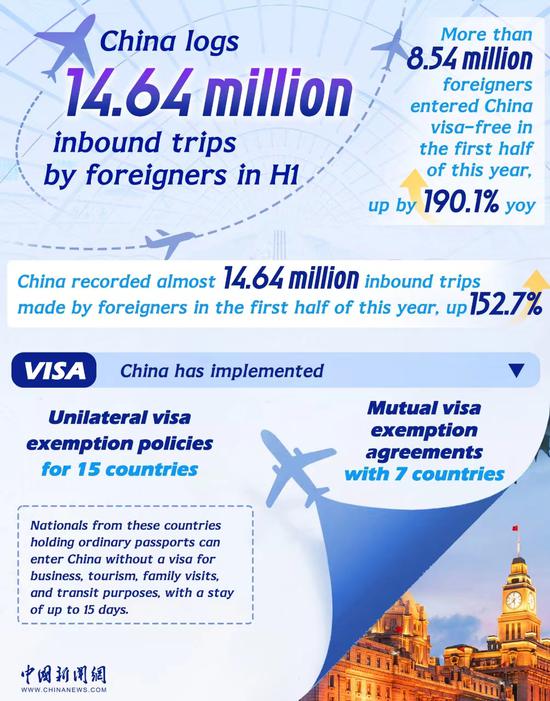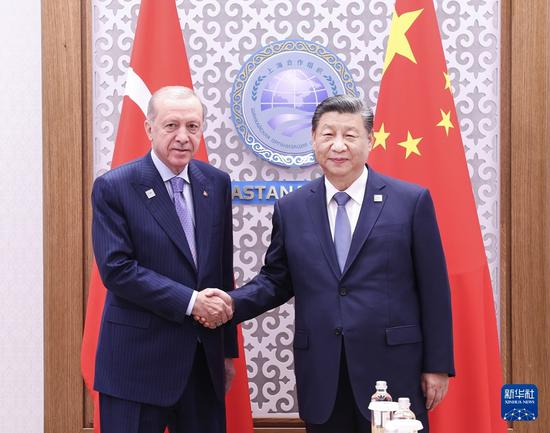China's top internet regulator has launched a two-month campaign to protect children online during the summer vacation, targeting e-commerce predators and inappropriate content.
The Cyberspace Administration of China aims to combat those encouraging child models to pose indecently for profit and diverting juveniles to third-party platforms under the guise of selling animated series and video games, which then provide them with pornographic and violent content.
The campaign also targets the sale of products such as stationery and scale models of popular animation characters that may be pornographic in nature, via e-commerce platforms.
The crackdown follows a controversy last year that occurred when China Central Television exposed e-commerce platforms selling nude scale model toys to children age 7 to 14. A subsequent investigation led by authorities resulted in the closure of nine online companies.
The cyberspace administration emphasized the need to enhance control measures to prevent small companies from clandestinely marketing inappropriate products to children.
"Since the incident, I have made it a habit to carefully inspect the packaging of any stationery I buy online and have avoided purchasing blind boxes of stationery to shield my child from exposure to any adult content and violence," a woman surnamed Zhao, the mother of a 10-year-old girl, said in Nanjing, Jiangsu province. She said that children, who often lack discernment but can use the internet, are especially vulnerable and require more protection.
A report on juvenile internet usage by the Central Committee of the Communist Youth League of China and the China Internet Network Information Center showed that the number of juvenile internet users surpassed 193 million in 2022, with internet penetration among juveniles growing from 93.7 percent in 2018 to 97.2 percent in 2022.
The report also highlighted a trend of younger children using the internet, with over 95 percent of primary school children online, posing a potential hazard.
"Generally, the younger the age, the poorer the judgment and self-control abilities," said Zhu Wei, deputy head of the Communication Law Research Center at the China University of Political Science and Law.
Zhu said that some parents hand over their accounts to children for convenience, rendering juvenile modes for app downloads and content browsing ineffective. He emphasized the responsibility of parents in preventing minors from becoming addicted to or confused by the internet.
The campaign also includes measures to crack down on cyber manhunts and the counterfeiting of apps popular among minors through the use of similar logos and names.


















































 京公网安备 11010202009201号
京公网安备 11010202009201号